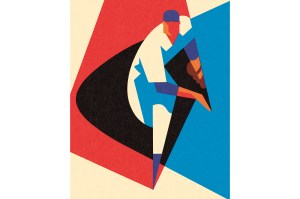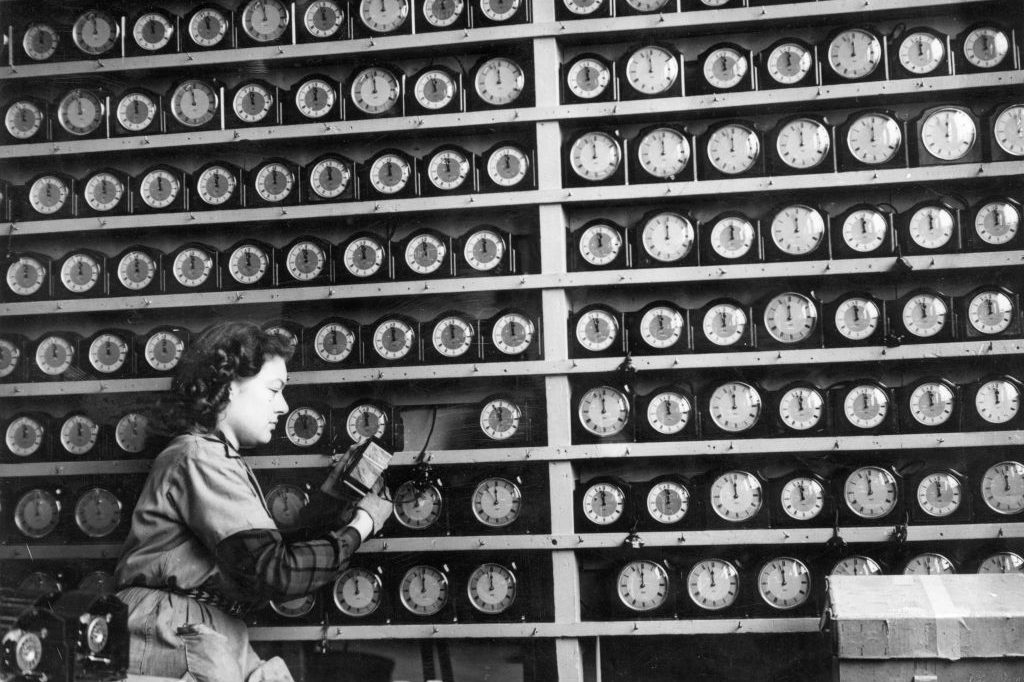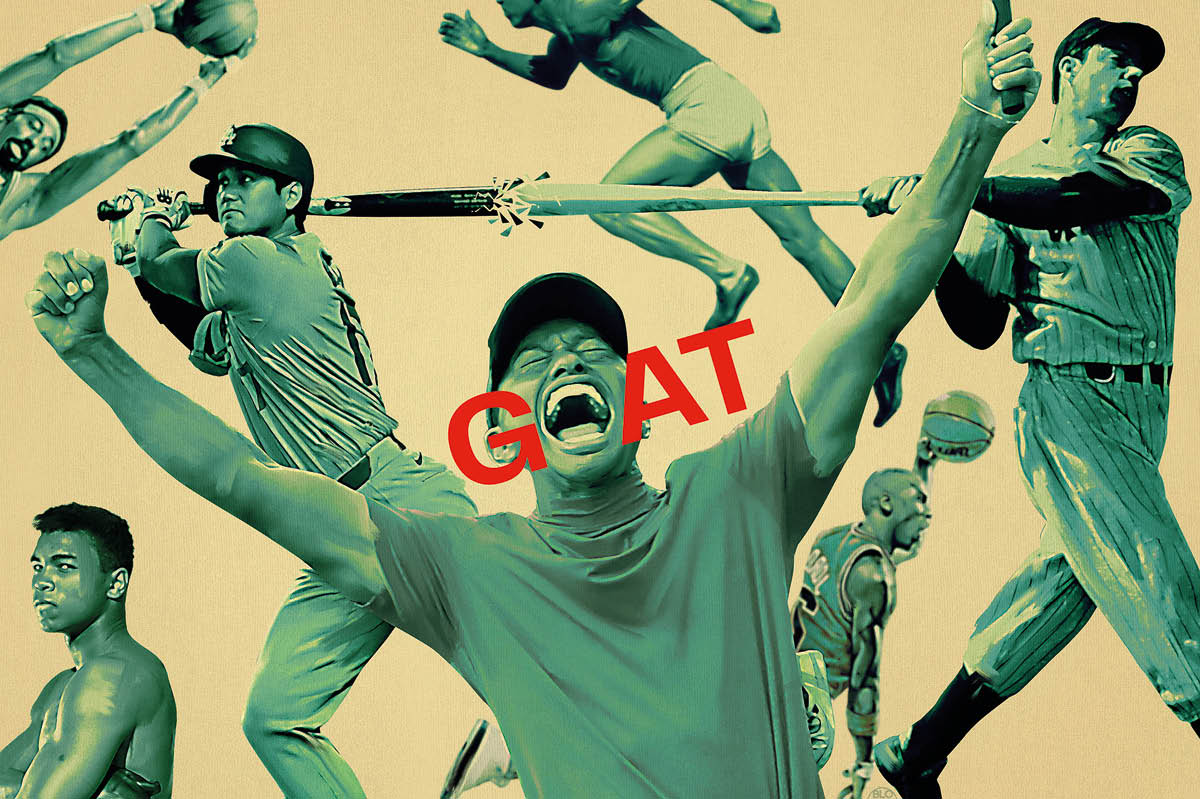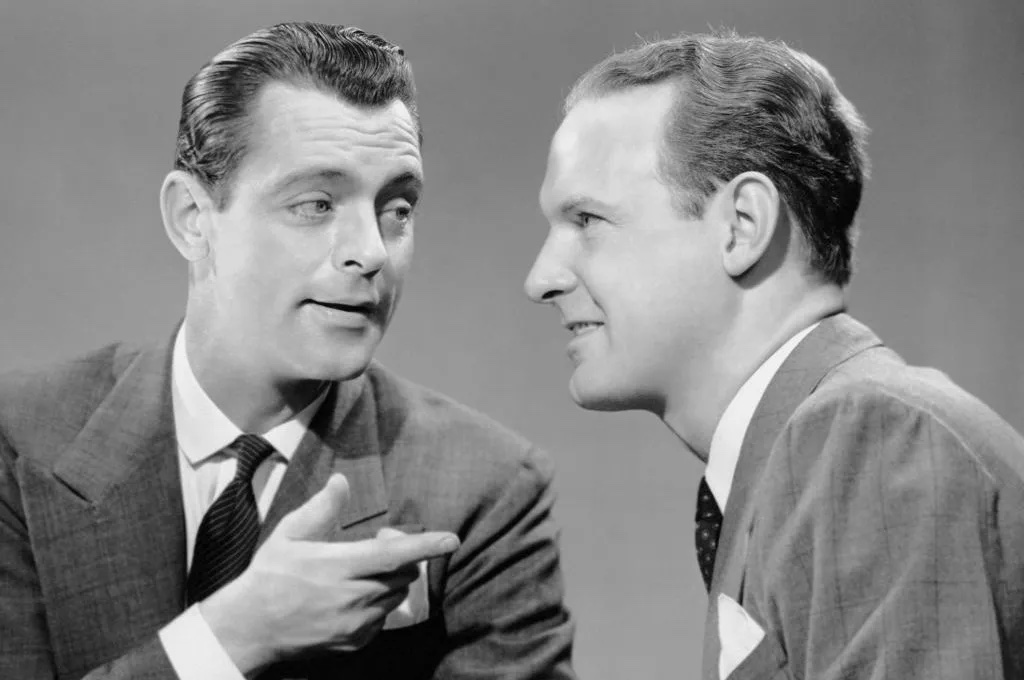In a lifetime of attending perhaps a thousand professional baseball games, all but ten or so in the minor leagues — quondam site of the sport’s heart — I have finally encountered an umpire I would despise, disparage, spit upon, kick, and, yes, kill: ABS, colloquially known as “Robo-ump.”
It happened in Rochester, New York, where the storied Red Wings took on the Scranton Wilkes-Barre RailRiders. The game being played on the field was recognizably baseball, but there was something off about the experience, rather like when the niece meets the pod-person version of Uncle Ira in Invasion of the Body Snatchers (1956).
In the ABS (Automated Balls and Strikes, or Attacking Baseball’s Soul) system, an electronic device stationed behind and above home plate determines balls and strikes. The call is transmitted to an earpiece worn by the emasculated home-plate umpire, who then gives a weak, half-hearted signal.
We are told by ABS advocates that transferring the most significant function of an umpire from human beings to a machine will ensure uniformity and standardization of the strike zone — as if bloodless precision is to be desired. I mean… it’s only a game!
The cost of this dehumanization will be measured in stories untold, lore foregone, enlivening arguments unmade. Robo-umps, supplemented by replay reviews, will kill off one of the sport’s idiosyncratic delights: the rhubarb — the heated disputation of an umpire’s call by the manager, oft accompanied by tobacco-spitting, finger-pointing and dirt-kicking, and ending with the manager’s ejection from the contest to a lusty chorus of boos. On a less clamorous but even more important note, individual spectators are deprived of the pleasure of grousing, grumbling or just bantering with neighboring fans over any of that game’s 200-plus ball or strike calls.
So much is lost when umps are rendered supernumerary, sacrificed to the true and only religion of the American professional class: progress. I never raise my voice at an umpire, yet I mourn their demotion. When I was a lad of thirteen, my friend Tim, who had an incipient mustache, asked me to sub for him as the umpire of a game for eight- to twelve-year-olds. Sure, I said. How hard could it be? Heck, I’d been playing and watching the game for five years. I was damn near an expert!
Crouching behind the catcher, I pronounced the first pitch a “stee… ball.” As the game’s arbiter I was at best uncertain, at worst wretched. One of the adult managers lacerated me throughout the next six innings. I finished the game, probably shading calls against the abusive prick, and as I unburdened myself of mask and chest protector I swore I would never again gainsay a ruling, no matter how dubious, of the fellow behind the plate.
And for the rest of my inglorious playing career and decades in the bleachers, I never have.
As Kevin McCarthy — the real one, not the politician — screams at the end of Invasion of the Body Snatchers, “You’re next!” Robo-umps are calling the shots in half the games this year at the Triple-A level of minor league baseball, and the blandly sinister commissioner of Major League Baseball, Rob Manfred, has said, “I think that you’re going to see the automated system, in one form or another…. at the big-league level at some point.”
I came home from my Robo-ump experience to a consolatory beer and a shot, only to find, à la Merle Haggard, that “tonight the bottle let me down.”
So when I woke on the morrow I took refuge in Larry Gerlach’s rich collection of oral histories, The Men in Blue: Conversations with Umpires (1980). Its highlights include spectacular and often risible rhubarbs, related with gusto.
Lee Ballanfant, a feisty mid-twentieth-century National League ump, spoke of a colleague who “just took the game too seriously; everything bothered him. You can’t do that and be a successful umpire. The crap has to go in one ear and out the other. When I had a bad day, it didn’t bother me. I went home with a clean conscience, went to sleep, and met the challenge of the next day.”
Find me a goddam robot who is fit to bark orders in that man’s earpiece.
This article was originally published in The Spectator’s August 2023 World edition.

























